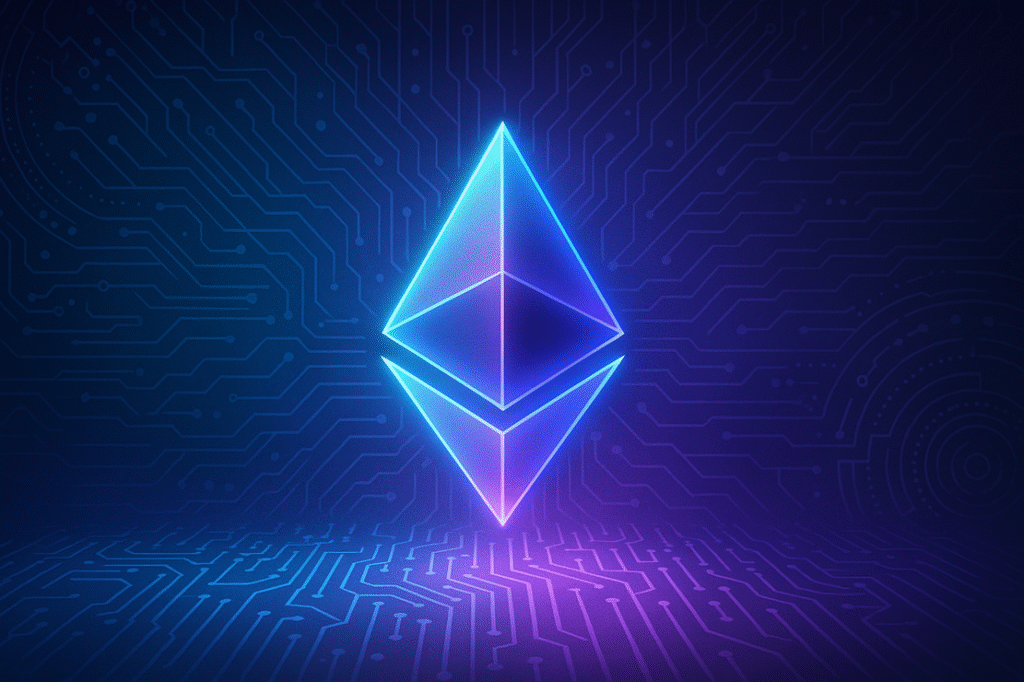In the ever-evolving world of cryptocurrency, Ethereum is setting the stage for a groundbreaking transformation. The Ethereum Foundation has embarked on an ambitious journey to revolutionize its network infrastructure with a focus on zero-knowledge proofs (ZK proofs). This strategic shift aims to enhance the efficiency, security, and scalability of the Ethereum blockchain, positioning it as a leading innovator in the decentralized finance ecosystem. The following exploration delves into Ethereum’s pioneering developments with zero-knowledge technology and its potential impact on the blockchain landscape.
Ethereum’s Bold Leap into Zero-Knowledge Technology
In a bold declaration by Ethereum research engineer Sophia Gold, the network is committed to integrating zero-knowledge technology at its core. This initiative involves the replacement of traditional block re-execution with real-time verification using succinct ZK proofs directly on Layer 1. By transitioning to this new model, Ethereum seeks to maintain its decentralization and security while significantly boosting performance.
Understanding the ZK Integration
Initially, this transformation allows validators to use “ZK clients,” enabling them to verify transactions without re-executing them. The process involves the verification of three independent proofs from different zkVMs, effectively eliminating the need for traditional re-execution while ensuring high defense-in-depth through client diversity. These proofs are compact and quick to verify, making it feasible for validators to handle multiple proofs per block.
The implementation of heavy cryptography off-chain is feasible with the Glamsterdam hard fork, allowing for extended periods to process proofs. This change will gradually increase gas limits, making hardware verification of proofs essential. Once stabilized, the Ethereum ecosystem will support native zk-rollups, enhancing its overall throughput.
Sustaining the Network with Home Proving
Another critical aspect of Ethereum’s roadmap is home proving, a feature aimed at empowering solo stakers to generate proofs independently. By capping the capital expenditure and energy consumption, the Foundation ensures that individual validators can contribute to network security and decentralization, even from home setups.
The Race to Real-Time Proofing
As the foundation sets a target to prove 99% of main-net blocks within ten seconds, the competition among zkVM teams intensifies. This urgency is mirrored by recent advancements, such as Succinct’s SP1 Hypercube zkVM, which demonstrated promising results within the Foundation’s latency requirements on expensive hardware.
The Ethereum Foundation envisions the completion of this transformation by 2026. This shift is set to redefine the blockchain industry by ensuring that every transaction and smart contract is validated through cryptographic certainty. Such a development promises increased throughput, reduced hardware costs, and enhanced on-chain privacy without compromising Ethereum’s core principles.
How will zero-knowledge proofs benefit Ethereum users?
Zero-knowledge proofs will significantly enhance Ethereum’s speed and scalability, providing faster transaction times and reducing network congestion. Users will benefit from lower transaction fees and improved privacy features, making Ethereum a more attractive and efficient platform for decentralized applications.
What are the potential challenges faced by Ethereum with this transition?
While transitioning to a zero-knowledge proof-based system, Ethereum may face challenges such as ensuring widespread validator acceptance, optimizing zkVM performance, and addressing any unforeseen security vulnerabilities. Continuous development and community engagement will be crucial for overcoming these hurdles.
How does home proving contribute to Ethereum’s decentralization goals?
Home proving empowers individual validators to independently verify transactions, strengthening Ethereum’s decentralization. By allowing solo stakers to participate from residential setups, the network reduces centralization risks and enhances overall resilience against censorship.
Will Ethereum’s adoption of zero-knowledge proofs affect its market value?
Adopting zero-knowledge proofs could positively impact Ethereum’s market value by enhancing its technological capabilities, attracting more users, and positioning it as a leader in blockchain innovation. However, market dynamics and external factors will also play significant roles in influencing ETH’s price.
This comprehensive guide to Ethereum’s zero-knowledge transition explores its technological breakthrough, the associated challenges, and its implications for the future of blockchain technology. The FAQs offer further insights into how this initiative may reshape Ethereum’s role in the cryptocurrency ecosystem.

